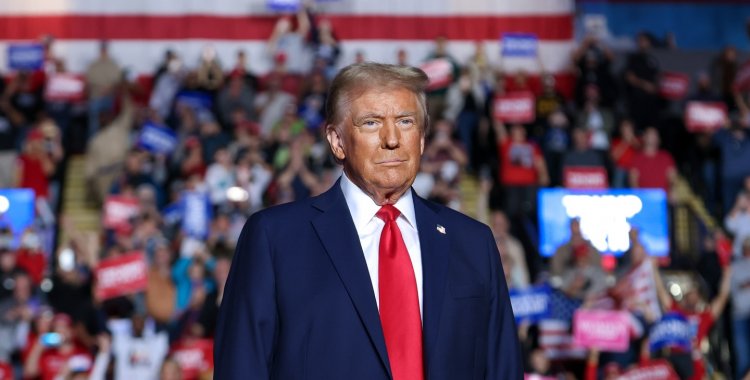"Donald Trump's victory has had a muted response from African financial markets, but there is clear concern that an increase in US tariffs could lead to a more pronounced strengthening of the dollar, further declines in local currencies and make the return to financial markets even more difficult for some countries", writes analyst David Omojomolo in an analysis that Lusa had access to this Tuesday.
"We are mainly concerned about Angola and Kenya; Angola's currency has been under pressure for some time and last week the government warned of the problem of debt servicing costs and difficulties in financing current public expenditure," he added in a note about the impact of the new North American Presidency, and which Lusa had access to this Tuesday.
In this context, considers the analyst, "if financing in international capital markets becomes more difficult, many countries in the region will continue to depend on institutions such as the IMF or the World Bank to avoid a sovereign default".
In analyzing the impact of Trump's victory, taking into account promises made in the campaign and initiatives attributed to the President-elect, Capital Economics writes that "aggressive statements about imposing tariffs on imports raise fears about the impact on trade region, particularly if the government calls into question the African Growth and Opportunity Act (AGOA).
In addition to tariffs, another of the concerns of African governments has to do with policy regarding oil and gas exploration, particularly for exporting countries, starting with Nigeria, the largest producer in the region, but also including Portuguese-speaking Angola and Equatorial Guinea.
"President Trump is a strong supporter of US oil and gas production and it is likely that he will backtrack on regulations imposed by President Joe Biden," he recalls.
If this happens and leads to an increase in the supply of oil and gas, causing the prices of these raw materials to fall, "that would be positive for the many oil importers on the continent, but for producers it means more pressure on national currencies and in public accounts", highlights the analyst.
Where Angola can benefit from a new policy on the part of Donald Trump's Presidency is in the investment in the Lobito corridor, as it is seen as an initiative that could weaken Chinese influence in the region.
"There may be benefits for African countries if the strategy of trying to balance Chinese influence continues, as his supporters have suggested that Trump is determined to expand projects related to critical minerals, such as the Lobito corridor, for example", concluded David Omojomolo in analysis.
The Lobito Corridor, a railway line that runs from the port of Lobito, in Angola, to Zambia, passing through the Democratic Republic of Congo (DRCongo), is the first strategic economic corridor launched under the aegis of the Global Infrastructure and Investment Partnership of the G7 (PGI), in May 2023.
The railway line to be completed within the scope of the signed agreements is expected to create economic benefits of approximately three billion dollars for countries, reduce atmospheric emissions by around 300 thousand tons per year, and create more than 1250 jobs during its construction and operations, is highlighted in the text presented by the signatories in New York, on the sidelines of the Future Summit.







